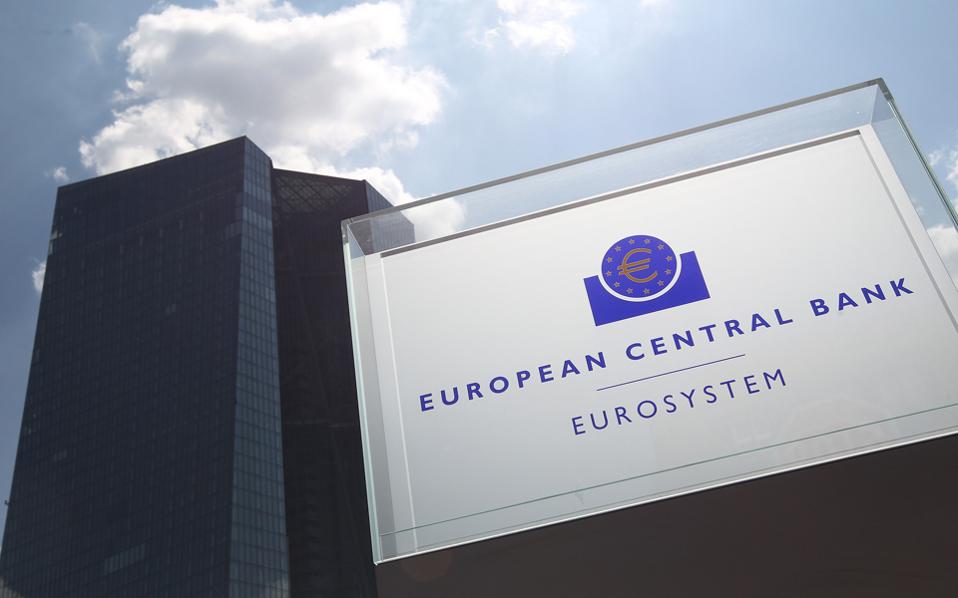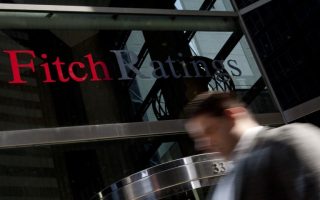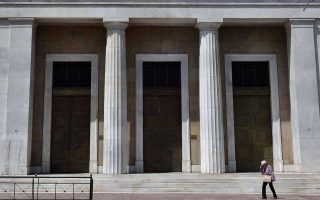Debtors to pay an extra 1 billion euros
Debtors will face increased interest rates on their loans once the ECB raises the Euribor

The intention of the European Central Bank to raise its core interest rates as of July will put an end to cheap cash for enterprises and households; that will have a major impact on the vast majority of loans whose interest is linked with the Euribor rate.
According to estimates, 90% of all loans banks have in their portfolios will be affected, amounting to some 90 billion euros, as well as most of the loans already sold to funds – adding up to some €70 billion – which are also on a floating rate based on the three-month Euribor rate.
In total the loans that will be automatically repriced are expected to exceed €150 billion, raising the additional interest corporations and households will have to pay from the ECB rate hike to almost €1 billion by 2023. That forecast concerns the entire set of private debt: The dues companies and individuals owe banks that in their vast majority are now being serviced, and those in the portfolios of funds are either in some form of arrangement or considered nonperforming, thereby increasing the pressure on debtors who found it hard to meet their obligations.
Forecasts put the first ECB rate hike in July at 0.25%, with an equal rise to follow in the year’s last quarter. Therefore, by the end of 2022, the rates will have increased by 50 basis points, with the prospect of exceeding 1% in 2023 and 1.5% in 2024. This means that the increase in the cost of money – based on existing projections of inflation levels – will last a while, following a rising course for the next three to five years: That will take the baseline rate to between 1.50% and 1.80% up to 2025.
Such levels entail that the era of cheap money households and corporations have enjoyed will be well and truly over, having been their ally in servicing their obligations over the last few years.
Worse, the effect at first will only be on loans, while deposits will not see their interest rates grow before the ECB rate hikes exceed 50 basis points. Experts explain that this is because deposit rates do not have an automatic adjustment mechanism like loans do.





